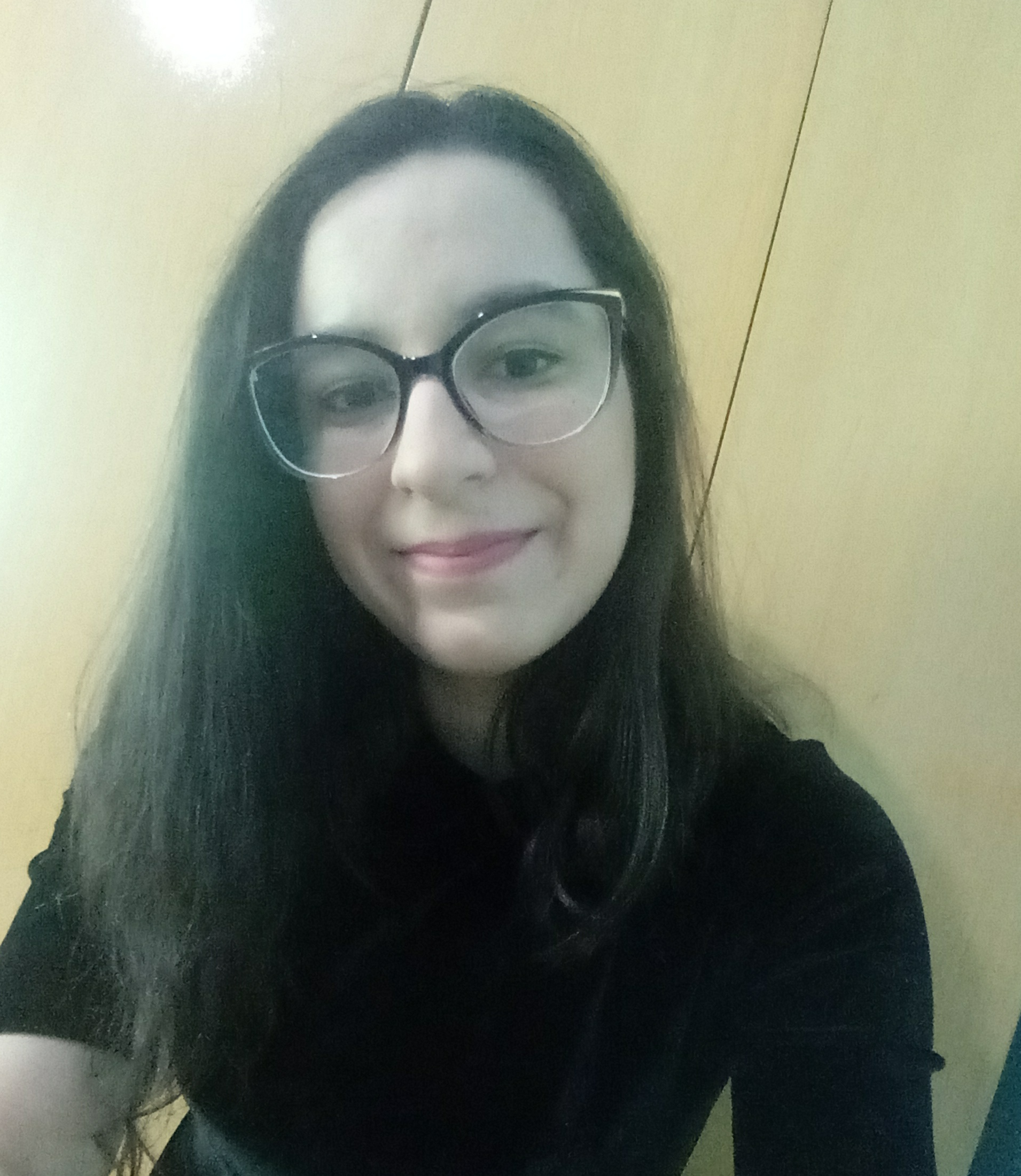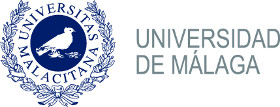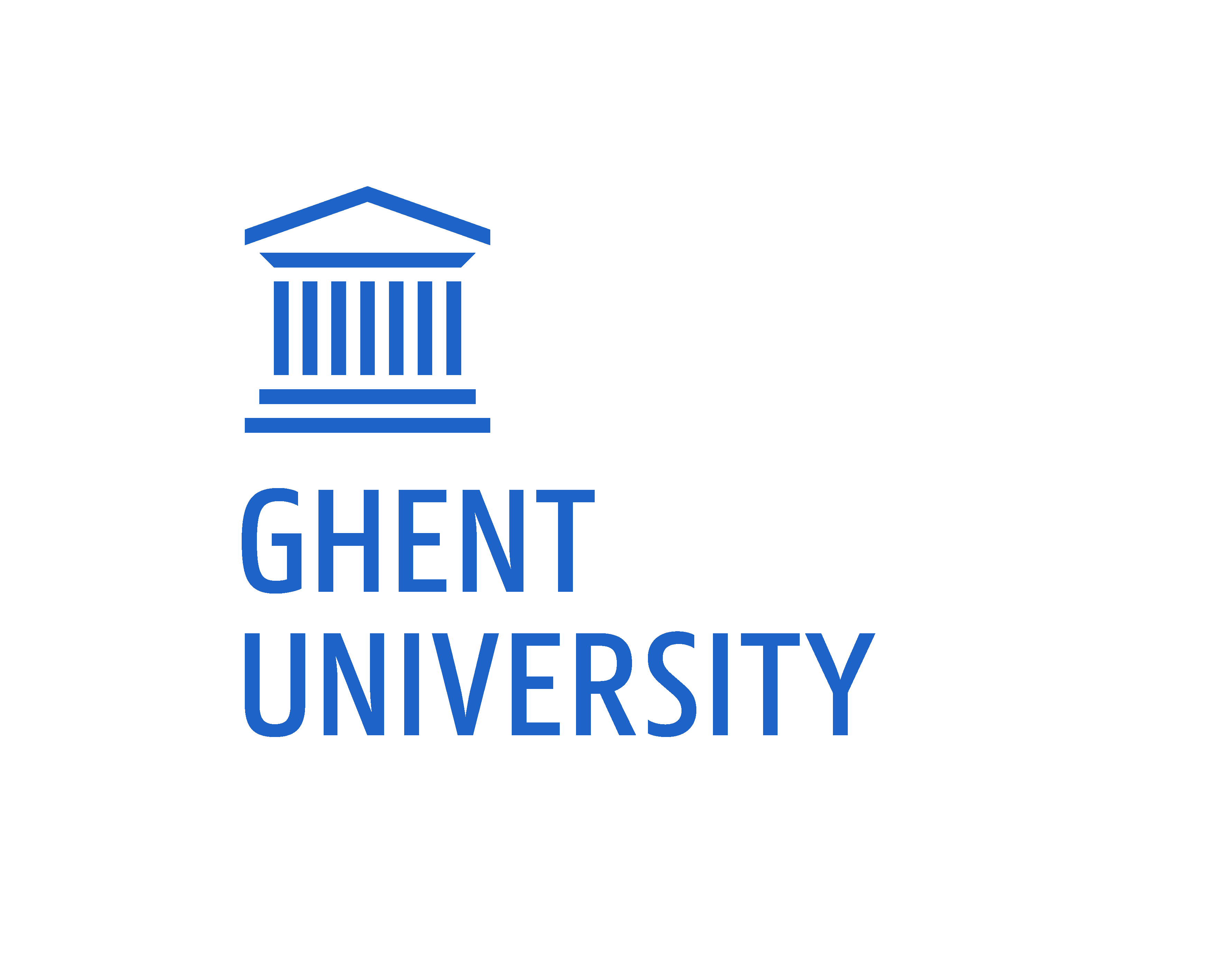Visiting Scholars 2020/21
Our next blog post is written by one of the 2020 cohort – Anna Furtado.
From technology to terminology, several different visiting scholars have coloured the second semester of UMA students. Although the pandemic might have prevented us from being involved in certain activities, the online settings made it easier for having classes with world-renowned scholars this year.
On the interpreting side, Dr. Elizabeth Deysel showed us a wide range of technologies for interpreting; we learned more about note-taking skills and computer-assisted interpreting (CAI) tools. Besides that, she shared with us her brilliant skills in interpreting for public settings, specifically in the South-African Parliament. Her tips on how to study before the interpreting job, how to manage your own terminology, and how to adjust according to the settings were rather inspiring.
As for terminology, Dr. Albert Moreno provided us with an overview of how terminology is managed in institutions by supplying us with the fundamentals of Terminology, the discipline. We worked on valuable concepts such as how to recognize terminology for translation, how to approach variation in terminology, and how to deal with neology.
Last but not least, María Recort shared her experience as a translator and now Terminology Manager in the International Labour Organization (ILO). As an international organization, ILO deals with multiple languages, and now an increasing demand for translations. She walked us through the daily work of a terminology manager, ILO’s workflow, and guidelines for managing the terminology in all those languages.
The best side of having visiting scholars, even if it is for short periods, is that we have the opportunity to learn from different perspectives. Besides that, it is interesting to see how diverse and interdisciplinary is the landscape. As part of an international masters, sometimes I feel overwhelmed by the number of possible work paths I could choose. However, the invited speakers brought us an overview of where we could work outside academia, and more importantly: how to start.
On the interpreting side, Dr. Elizabeth Deysel showed us a wide range of technologies for interpreting; we learned more about note-taking skills and computer-assisted interpreting (CAI) tools. Besides that, she shared with us her brilliant skills in interpreting for public settings, specifically in the South-African Parliament. Her tips on how to study before the interpreting job, how to manage your own terminology, and how to adjust according to the settings were rather inspiring.
As for terminology, Dr. Albert Moreno provided us with an overview of how terminology is managed in institutions by supplying us with the fundamentals of Terminology, the discipline. We worked on valuable concepts such as how to recognize terminology for translation, how to approach variation in terminology, and how to deal with neology.
Last but not least, María Recort shared her experience as a translator and now Terminology Manager in the International Labour Organization (ILO). As an international organization, ILO deals with multiple languages, and now an increasing demand for translations. She walked us through the daily work of a terminology manager, ILO’s workflow, and guidelines for managing the terminology in all those languages.
The best side of having visiting scholars, even if it is for short periods, is that we have the opportunity to learn from different perspectives. Besides that, it is interesting to see how diverse and interdisciplinary is the landscape. As part of an international masters, sometimes I feel overwhelmed by the number of possible work paths I could choose. However, the invited speakers brought us an overview of where we could work outside academia, and more importantly: how to start.

Anna Furtado
EM TTI 2020 Cohort
EM TTI
0
Tags :




